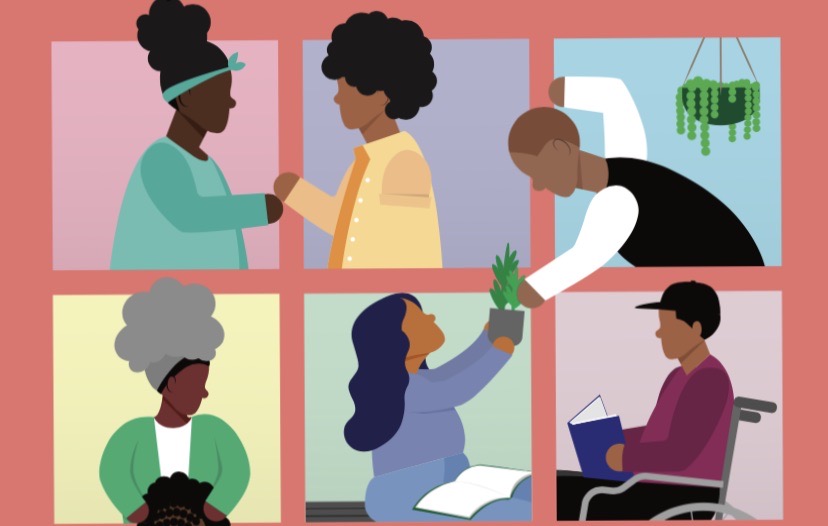
The limits of “social determinants of health” NHLBI researchers and others offered a current understanding of the problem, some of the more promising clinical and public health practices being used to tackle it, and recommendations that might turn the tide.

To call attention to the national crisis of maternal illness and death, the NIH’s Office of Research on Women’s Health coordinated a special issue of the Journal of Women’s Health. American Indian and Alaska Native women follow with a mortality rate of 28.3%, according to the CDC. While white women die from pregnancy-related causes at a rate of 13.4%, African American women die at a rate of 41.7%, like that of women in developing countries. And the numbers have been trending up, with an estimated 58% increase since 1990.īut the problem, which is largely preventable, is made worse by the racial and ethnic disparities that have persisted over time and increase as women age, reported the CDC. That means American women face a greater risk of maternal mortality – that’s death within a year of being pregnant, including in childbirth – than women in any other industrialized nation. births, 20 women die, according to the Centers for Disease Control and Prevention (CDC).

#Social questions impacting the black community skin#
There is no known genetic connection between skin color or melanin concentration and biological causes of maternal illness or death, Crear-Perry said, even if U.S.

“Race is not a factor for illness and death, but racism, bias, and discrimination definitely are.” “Our use of language and our desire to raise awareness about the huge inequities encroaching on the lives of Black women have conflated, even equated, Blackness and disease,” said Crear-Perry, founder and president of the National Birth Equity Collaborative, an organization that advocates for better Black maternal and infant health. maternal health crisis gripping public attention – and Black, American Indian, and Alaska Native women up to three times more likely to die of pregnancy complications than white women – correctly naming the causes matters, she said. When Joia Crear-Perry, M.D., an obstetrician and gynecologist, found “ African American descent” listed by cardiovascular experts as a risk factor for postpartum heart disease, she realized even advocates like her were doing something wrong, and that the media was amplifying the error.


 0 kommentar(er)
0 kommentar(er)
